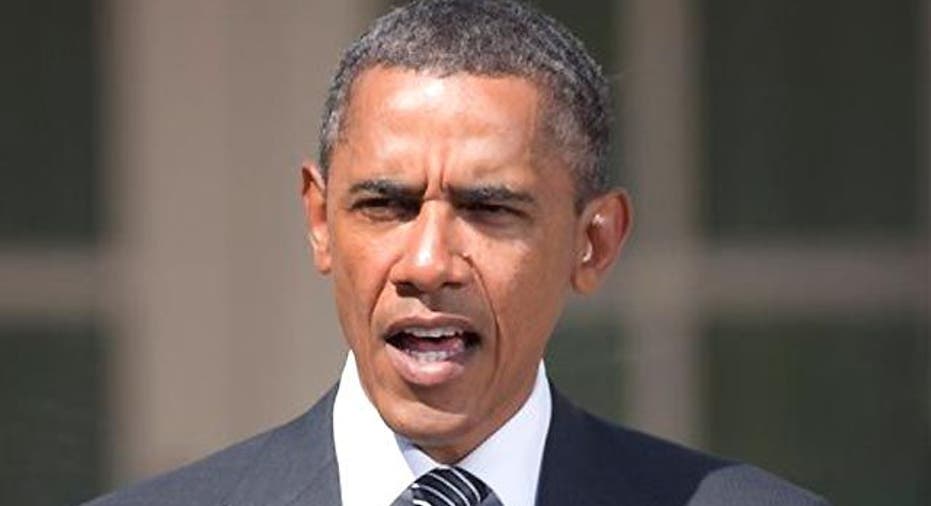What Small Businesses Think About 'Startup America'

President Obama urged Congress this week to pass legislation that he said would give small business owners tax breaks and incentive for hiring and increasing wages. His proposal would also eliminate some capital gains taxes for business investments.
The "Startup America" legislative agenda proposes to provide a 10% income tax credit on new payroll for small businesses that added jobs or increased wages in 2012 and to permanently double the amount of startup expenses entrepreneurs can deduct from their taxes to $10,000, according to a White House press release.
The agenda also seeks to extend 100% first-year depreciation for qualified property acquired and placed in service before January 1, 2013 and to allow small businesses and startups to raise money through crowd funding, the release said. The Small Business Investment Company Program would also allow up to $4 billion in annual support, up from $3 billion in the year prior.
Here's what small business owners have to say about the president's proposal.
bittle-D, New York City
Co-founder of the organic t-shirt company, Danielle Cascerceri, said the burdens of small business owners are not usually given as much attention as the hardships of large companies. Any help from the government would be a positive for the small business community.
"To see the government offer a few concessions to small businesses is a step in the right direction," Danielle said. "It's not easy to start a business in this economic climate and every little bit helps."
Dorothy Cascerceri, sister and fellow co-founder, said that while the company will likely not bring on any additional staff members due to these incentives, it's nice to know there is a bonus out there for those who are hiring.
"Costs are such a huge part of starting your own company, so the higher the allowable tax deductions are, the more helpful this legislative agenda will be to people who want to follow their own dreams into the entrepreneur arena," Dorothy said.
Getaround, San Francisco
Tech-savvy business co-founder Sam Zaid said the peer-to-peer car sharing company is particularly interested in Obama's proposal for crowd funding.
“This could potentially open up whole new opportunities for raising growth capital for innovative new businesses like ours. It's something we'll be keenly watching," Zaid said.
MBA Business Software, Atlanta, Ga.
Founder Phil Martin said much of Obama’s proposal would operate on the microeconomic level, which should increase gross national wages and reduce unemployment. However, there is some immediate burden for small businesses underlying, he said.
"It puts an immediate cash flow burden on the small business to fund the payroll and pay their capital goods vendors which is only partially offset by the tax credits and even then, that doesn’t occur until later in the business cycle. Borrowing the cash, even at reduced rates, weakens the company’s balance sheet and increases expenses to service the debt," Martin said. "So the immediate effect is to increase the company’s operating expenses and liabilities plus over-expand the business’ productive capacity in the short run while betting on the cumulative macroeconomic effects to increase the demand for their goods and services."
Making this leap of faith before necessary isn't something small business owners will likely be willing to do, he said. In order for Obama's proposal to work, the risk needs to be removed for the small business owner.
"For example, instead of paying unemployment benefits to workers looking for a job, pay the benefits to the employers for giving that worker a job. What’s missing at the macroeconomic level is the national sense of wellbeing that sustains economic growth," Martin said. "A small business can have a business plan for good times or for bad times. What it can’t prepare for is uncertainty."



















